“Please pass the drug..er, sugar”
October 17, 2017
By KAITLYN HERMAN
The Mirror reporter
We all know that sugar is not good in large amounts, but we all have that insatiable “sweet tooth” hiding inside us. But is that sweet tooth actually an addictive itch just waiting to be scratched?
Large-scale studies conducted by the United States Health Department show that over-consumption of sugar significantly raises the risk of obesity, diabetes, and heart disease inflammation that all accelerate the aging process and may lead to cancer.
To put sugar addiction into perspective, two hundred years ago, the average American ate two pounds of sugar per year. Today, we each eat about 152 pounds a year, according to the U.S. Department of Health and Human Services.
An article published by the British Journal of Sports Medicine looked for evidence that sugar is a dangerous and addictive drug. The article pointed out surprising similarities between sugar and hardcore drugs.
Dr. James DiNicolantonio, a cardiovascular research scientist from Saint Luke’s Mid America Heart Institute in Kansas City, MO pointed out that sugar resembles other abused drugs.
“It is processed in the same way that cocaine and heroin are processed from the coca and poppy plants,” DiNicolantonio said. “You take the sugar cane, boil it down, strip out all the nutrients, and refine it to the point of a pure white, crystalline substance.”
Food stimulates pleasure and reward chemicals in the brain, but the effect of sugar is unique. You can ask anyone with a sweet tooth: nothing brings more joy than sugar.
“I believe that many people have ‘sweet tooths’ because of physiological needs. Our bodies are smart, and if we need energy, we crave sugar first because it is quickly absorbed.
As an athlete, I find myself needing more energy on average, thus craving more sugar,” Caitriona Quirk, member of the Stevens Point Area High School girls swim team said.
DiNicolantonio said this is due to the destructive relationship between sugar addiction and dopamine levels in the brain. “You end up constantly consuming sugar to boost your dopamine levels to feel good,” he said. “You’re getting these highs when you eat sugar and getting lows when you don’t. That’s a vicious cycle” (Davis).
Like many other addictions, getting clean presents a unique challenge. Unlike many other drugs, sugar is cheap, socially acceptable, and hard to escape.
“Psychology plays a big role in weaning oneself off of sugar because people often reach for sweets to feed an emotional void” Dan Defigio, a fitness expert said in an August 2017 article that appeared in “The Guardian.”
This is why, even if we know it’s bad, it can still be hard to quit.
In Defigio’s experience, only about 10 percent of people are able to quit sugar. For most people, and the biggest obstacle is the all or nothing thinking. When the typical sugar addict fails at perfection, they quickly return to their old habits in shame and defeat.
Like any other addictive substance, it can be easy to start and hard to quit. Sugar poses similar dangers and consequences as many commonly abused drugs of today. This sweet confection is be-all and end-all cure to a bad day and can be the first thing you grab when you need a stress reliever, but sugar is also just as addictive as many hardcore substances and pose the same dangers as many addictive drugs.


























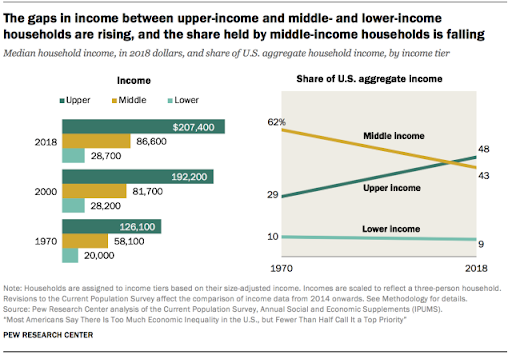







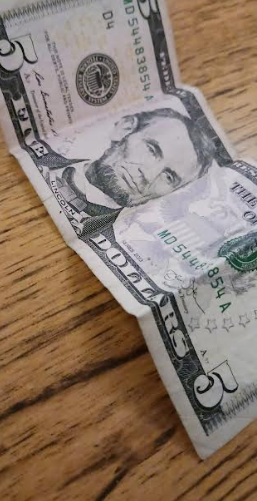




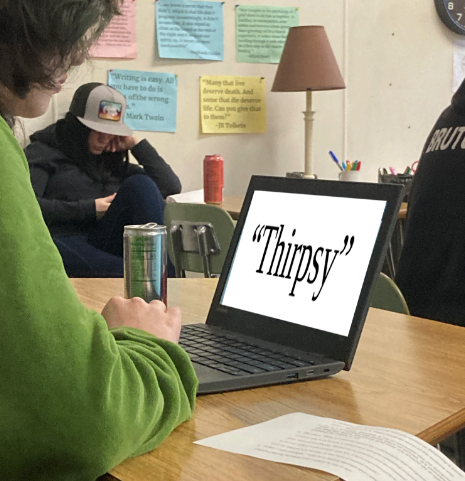



















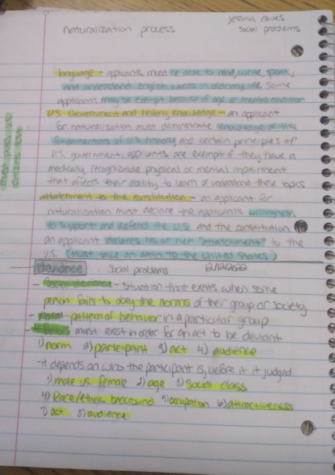
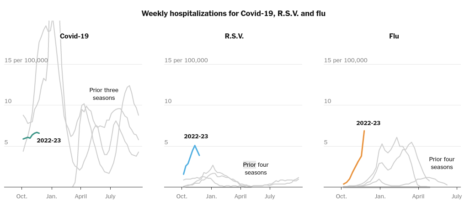




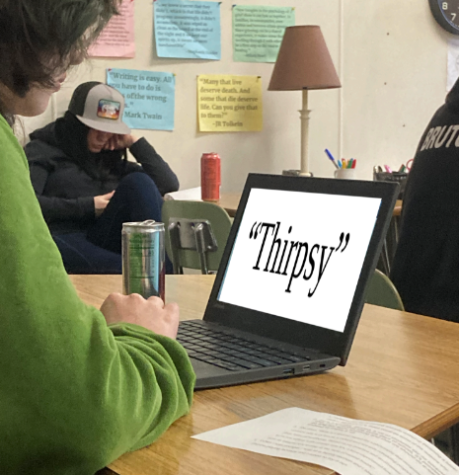
Ben • Dec 14, 2017 at 11:17 AM
Great